Restructuring costs, maintaining competitiveness
According to Mr. Nguyen Duc Hung, Director of Toan Cau Food Import-Export Joint Stock Company, the information that General Secretary To Lam and US President Donald Trump had a phone call about the results of tariff negotiations has brought many positive signals for Vietnam's export activities. However, businesses are still waiting for detailed and specific results to adjust their business strategies.
" The initial information as announced by President Donald Trump on social media will not have an immediate impact. Only when there are specific regulations can we accurately assess the impact on each type of goods. For example, if it is true that the tax rate for agricultural products has decreased sharply instead of the previously feared 46%, this is good news for this strategic item ," said Mr. Hung.

Vietnamese businesses are ready to adapt to US tariffs. (Illustration: Environmental Economics )
However, he also emphasized that to compensate for the 20% or even 10% tax rate (compared to the previous tax rate of only 0-5%), businesses will have to restructure costs and reduce product prices to maintain competitiveness. "If there is sharing from all parties, at least export businesses will have to reduce prices by about 5% to be attractive enough for buyers," Mr. Hung calculated.
Mr. Hung commented that businesses are being forced to restructure product prices. Immediately after receiving information about the new tariff, his company proactively prepared negotiation scenarios and production organization plans to ensure good prices and product quality. The goal is for customers to still be able to trust and buy products steadily with the same quantity as before the tax was imposed.
"The efforts of the Government are very good in my opinion. This is a continuous effort to maintain development and promote the economy. What remains now is the role and strategy of each enterprise to maintain the market. The US is one of the largest markets in the world with very high consumption. The US focuses on high technology and limits the production of essential goods, so imports are the main source to serve domestic consumption."
According to the Director of Global Company, the optimistic negotiation results are a very good signal for Vietnamese exports and also beneficial for American consumers, helping them not to have to pay too high prices due to the impact of tax policy.
"The important thing now is to wait for the detailed agreement to specifically identify the items and tax rates. The next step is for the State to be transparent and ensure monitoring mechanisms to prove the origin of goods from Vietnam, creating trust for the other side. Businesses are currently waiting for the detailed agreement, but have prepared scenarios and plans to change and adapt," Mr. Hung emphasized.
Mr. Tran Huu Hau - Deputy General Secretary of the Cashew Association - said that Vietnam is the world's largest cashew nut exporter and accounts for over 80% of the world's total cashew nut export output thanks to the highly developed field of processing raw cashew nuts into cashew nuts for export, with a rapid modernization speed, and modern machinery has basically replaced manual labor in the processing line.
For food processing industries, the US exempts import taxes, so the current tax rate is 0%. However, if the US imposes a 20% tax, compared to the initial rate of 46% proposed by US President Donald Trump, it is already a positive reduction.
“ However, this is just the average of the items, many other items may be lower. Therefore, our cashew industry hopes to have a flexible tax mechanism, even 0% tax as before.
Because for Vietnam's cashew industry, the export goods to the US are cashew nuts processed in Vietnam, they are Vietnamese goods and this is the input material accounting for 80% for the food processing industry in the US. The US is also the country that imports 80% of Vietnam's cashew nuts. Therefore, the 20% export tax will still have a lot of impact, " said Mr. Hau.
Not afraid to trace the origin of goods
Meanwhile, Mr. Nguyen Nam Hai, Chairman of the Vietnam Coffee and Cocoa Association (VICOFA), said that initial information revealing the new tariff policy between Vietnam and the US has attracted special attention from businesses.
Mr. Hai said that he and the business community highly appreciated the efforts of the Government, the Ministry of Industry and Trade and the delegations negotiating with the US in recent times.
“In particular, Vietnam is one of the first Asian countries that Mr. Trump has resolved the tariff issue with in the current context, while other countries are still in the negotiation process.
The 20% tax rate proposed by Mr. Trump is a significant reduction from the original 46%. This is a relatively low rate compared to the initial proposal of the US. However, we need to wait and see at what specific level other countries negotiate to be able to assess Vietnam's competitiveness with each opponent, Mr. Hai said.
According to the Chairman of VIFOCA, before the initial information about US tariffs, Vietnamese export enterprises are actively preparing to adapt as quickly as possible.
“Vietnamese businesses are waiting to negotiate specifically with their American partners. For example, in the coffee industry, businesses will negotiate directly on prices with American buyers to jointly implement the new policy.
Regarding proving 100% Vietnamese origin, especially with products like coffee, there will not be a big problem. Vietnam mainly produces Robusta coffee, so tracing the origin will not be difficult," said Mr. Hai.
Mr. Nam Hai commented that with this 20% rate, Vietnam could have a competitive advantage over its competitors exporting to the US. However, it is not possible to confirm this at this time because it is not known what tax rate Brazil, India and other competitors will negotiate. If these countries have lower tax rates, the situation will be different.
At the regular press conference of the Ministry of Agriculture and Environment held on July 3, Mr. Tran Gia Long - Deputy Director of the Department of Planning and Finance said that to proactively respond to the US's reciprocal tax, the ministry has developed three scenarios for growth and export of agricultural, forestry and fishery products.
Firstly, if the US imposes a 10% reciprocal tax on Vietnam's agricultural, forestry and fishery products, the export turnover will basically not be affected much, and the industry's growth will still be at 4%.
Second, if the US imposes a 20% reciprocal tax, total export turnover in the last 6 months of the year will decrease by 20%, equivalent to a decrease of about 6.2 - 6.5 billion USD, a decrease of 0.15 - 0.2 percentage points of growth (growth will reach about 3.85%).
Third, in the worst case, if the US imposes a 46% tax, agricultural, forestry and fishery exports in the last 6 months of the year will decrease by about 12.3 billion USD.
Mr. Tran Dinh Luan - Director of the Department of Fisheries and Fisheries Control - said that Vietnam's seafood exports will be affected if the US imposes reciprocal tariffs, especially on key products such as shrimp, tra fish, and tuna. However, because the specific tax rates are not yet clear, the unit cannot assess the detailed impact.
According to the Ministry of Agriculture and Environment, the US is still Vietnam's largest agricultural, forestry and fishery export market, accounting for 21.1% of the market share, followed by China with a market share of 17.6% and Japan with a market share of 7.2%.
Source: https://vtcnews.vn/doanh-nghiep-viet-chuan-bi-san-sang-de-thich-ung-voi-thue-quan-cua-my-ar952597.html








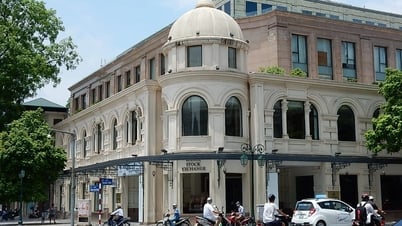

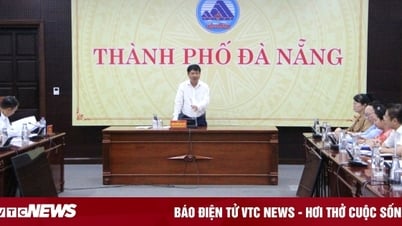






















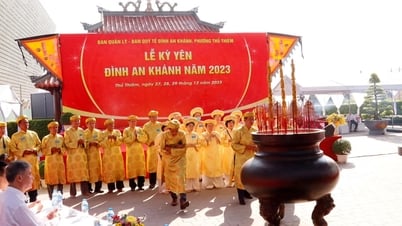








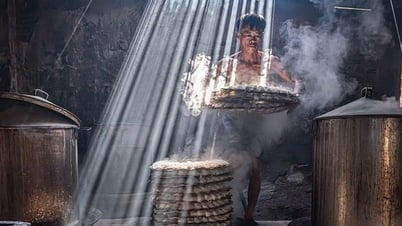

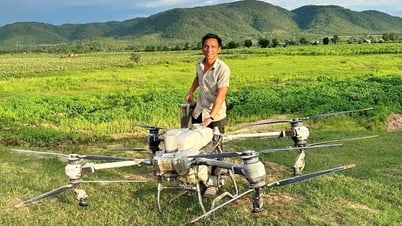

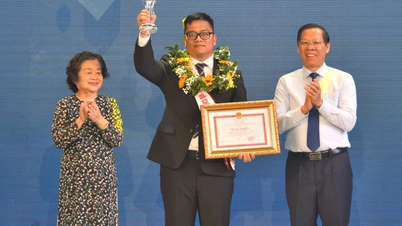


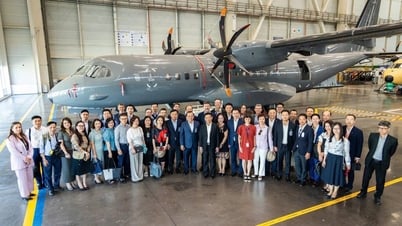


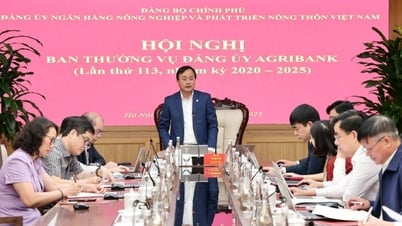



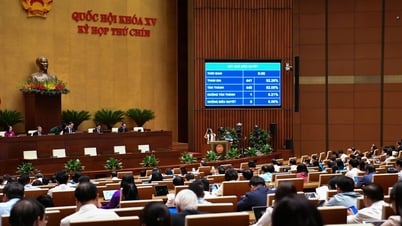


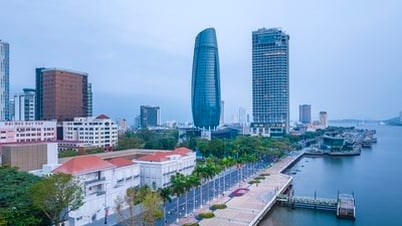

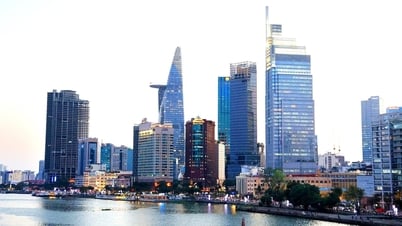

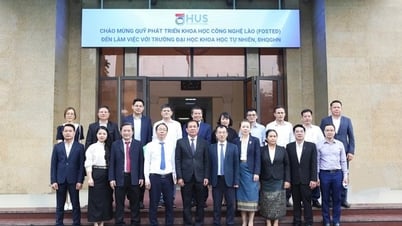










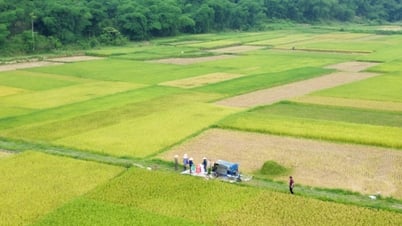






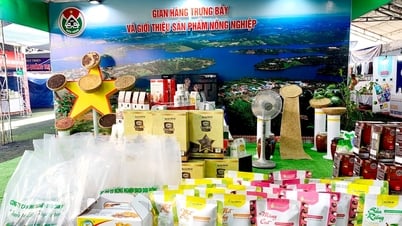

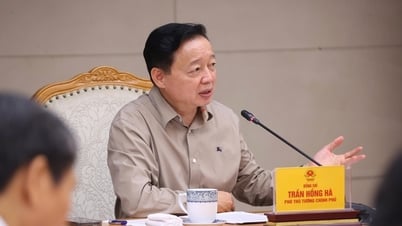
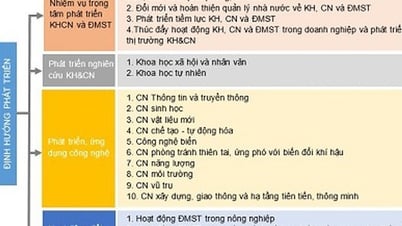

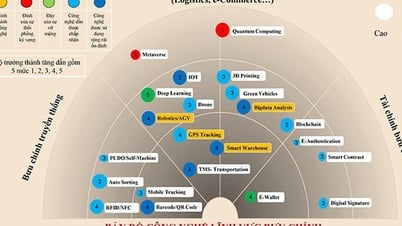
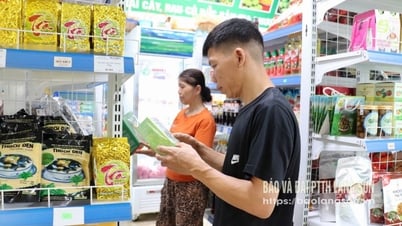






Comment (0)